Top 10 Science Fiction Book Series
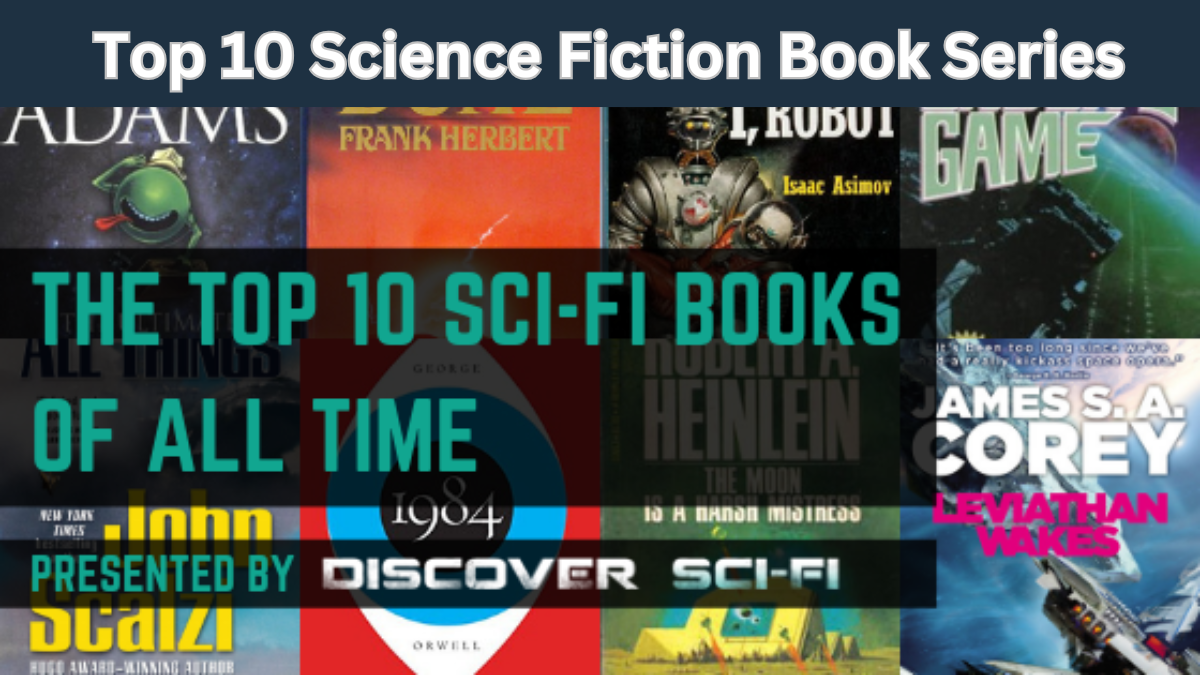
“Discover the top 10 science fiction book series that have shaped the genre. From Asimov’s epic Foundation series to Herbert’s Dune universe, explore timeless worlds filled with futuristic technology, alien encounters, and thought-provoking themes that continue to captivate readers.”
Foundation Series by Isaac Asimov
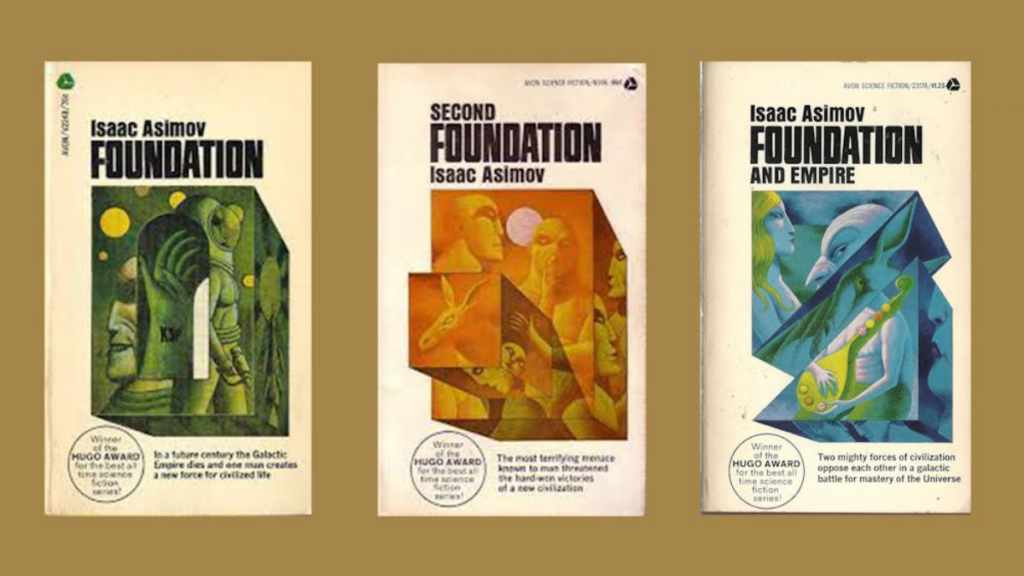
The Foundation Series is a cornerstone of science fiction literature, spanning seven books written over 44 years. Set in a universe where psychohistory—mathematics predicting the future based on mass human behavior—is central, the series explores humanity’s journey and challenges in a galactic empire. It won the Hugo Award for Best All-Time Series in 1965, and Asimov’s universe expands through related series like the Robot and Empire books, adding up to a vast collection of stories.
Lensman Series by E.E. Smith
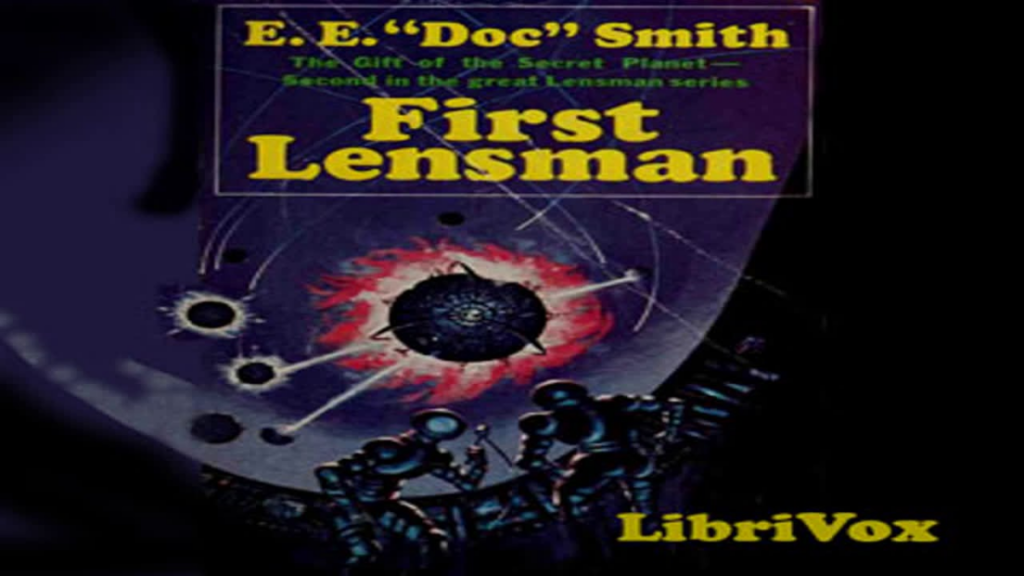
This space opera, starting with Triplanetary, is set billions of years in the past, depicting life in a galaxy governed by the powerful Arisian race. They create the “lens”—a mental enhancement tool that law enforcers use to protect and bridge communication across different species. The Lensman series introduced numerous innovative concepts to science fiction, becoming a finalist for the Hugo All-Time Best Series award.
Barsoom Series by Edgar Rice Burroughs
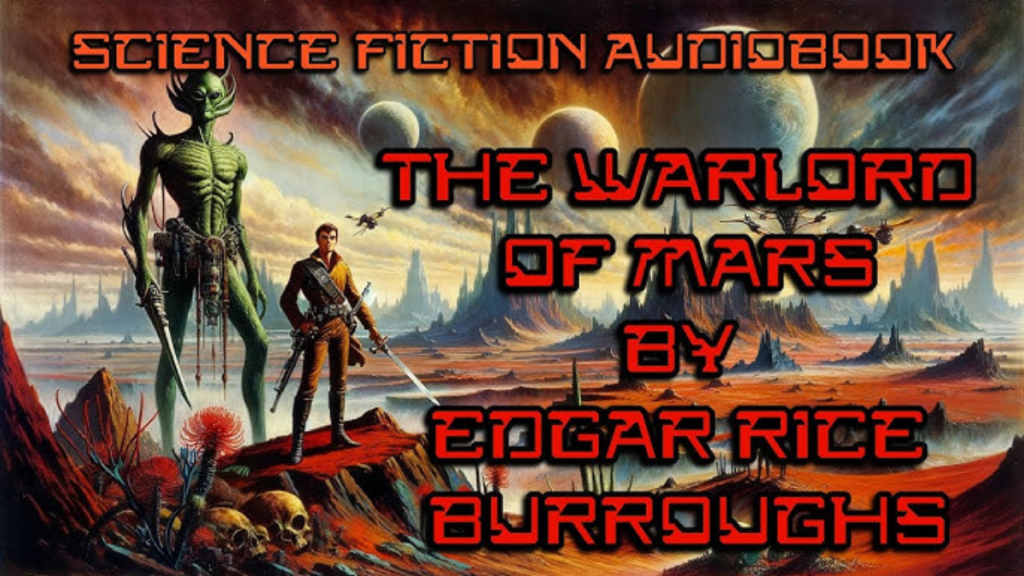
Burroughs’ Barsoom series imagines Mars as a world filled with complex cultures and languages, influencing later sci-fi like Star Trek. Starting with A Princess of Mars in 1911, this series inspired interest in Mars exploration and established a foundation for many modern sci-fi concepts. While some elements may feel dated, the series’ innovative vision captivated readers and remains influential today.
Future History Series by Robert Heinlein
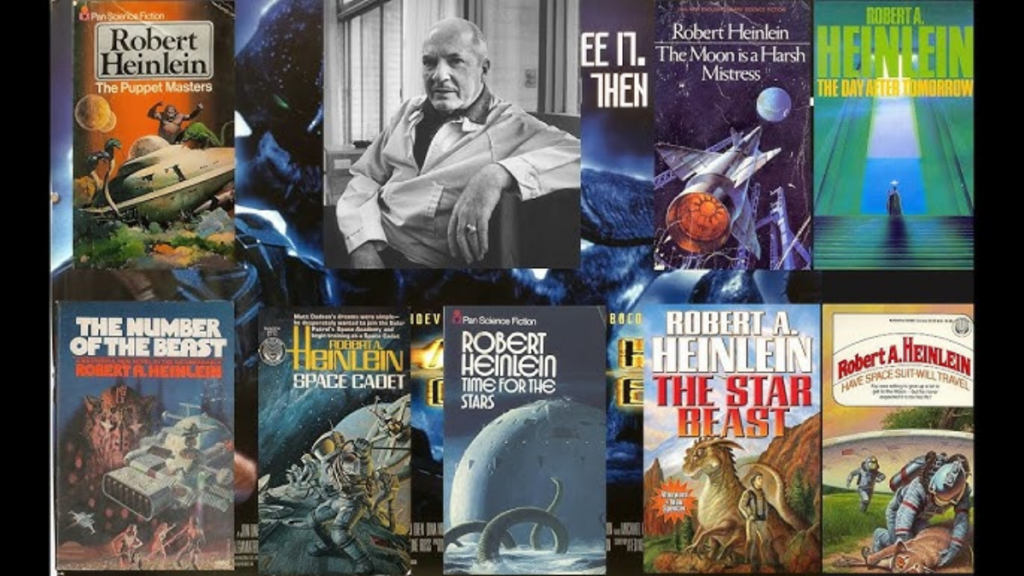
Heinlein’s Future History series envisions human development from the mid-20th to the early 23rd century. Famous works like The Man Who Sold the Moon and Time Enough for Love delve into humanity’s social and technological evolution. The series presents thought-provoking stories that probe into the future of human society.
Ender’s Game Series by Orson Scott Card
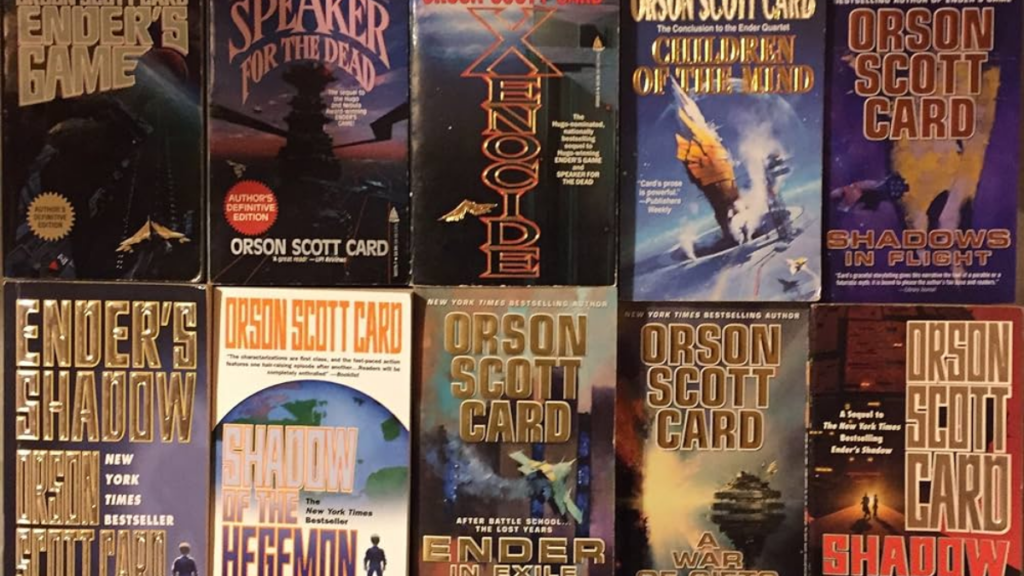
Starting with the iconic Ender’s Game, this series follows young Ender Wiggin, a gifted child soldier trained to lead Earth’s defense against alien threats. The first two novels won both the Hugo and Nebula awards and became landmark sci-fi novels of the 1980s, exploring themes of survival, leadership, and morality in extreme circumstances.
Ringworld Series by Larry Niven
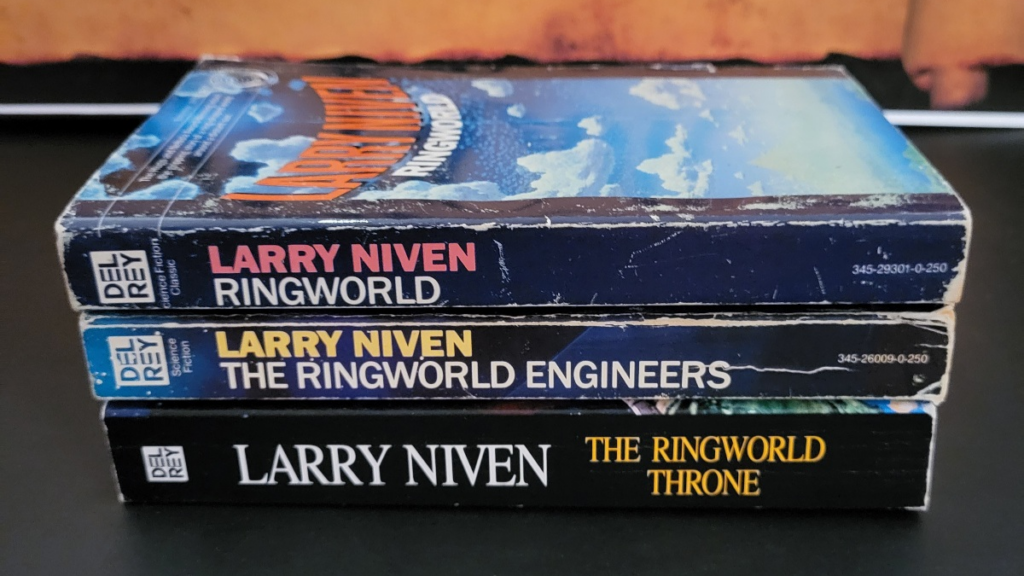
Niven’s Ringworld takes readers to an incredible artificial ring structure encircling a star, with an area equivalent to millions of Earths. The 1970 novel won both Hugo and Nebula awards and inspired numerous sequels. Set in a universe of advanced technology and instant teleportation, Ringworld explores the awe and complexity of alien environments.
The Hitchhiker’s Guide to the Galaxy by Douglas Adams
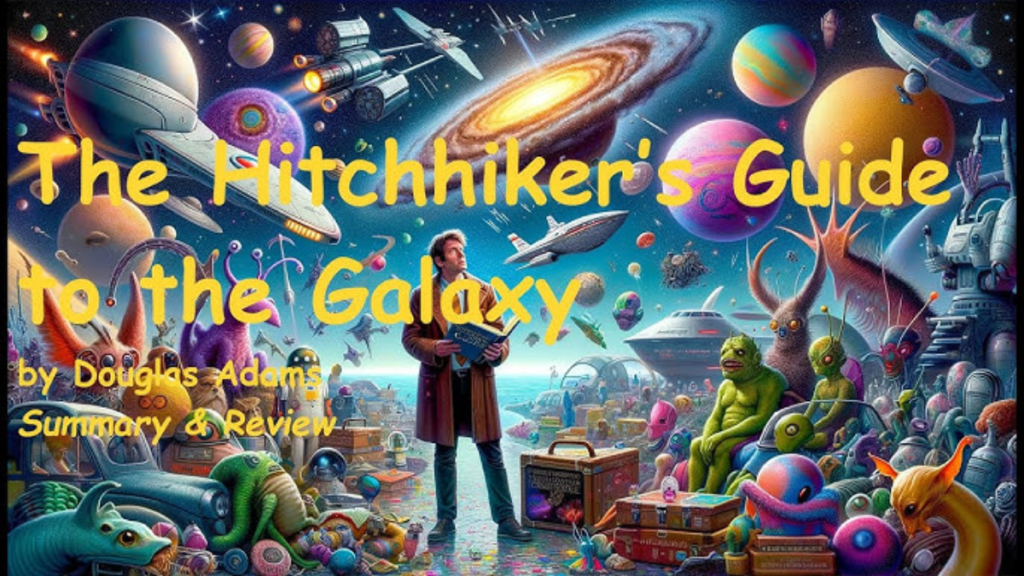
Originally a radio series, Adams’ humorous take on the sci-fi genre became a beloved book series. Following Arthur Dent’s surreal journey through space, it mixes comedy with thought-provoking social commentary, delivering a unique, satirical take on the universe’s oddities.
Heechee Saga by Frederik Pohl
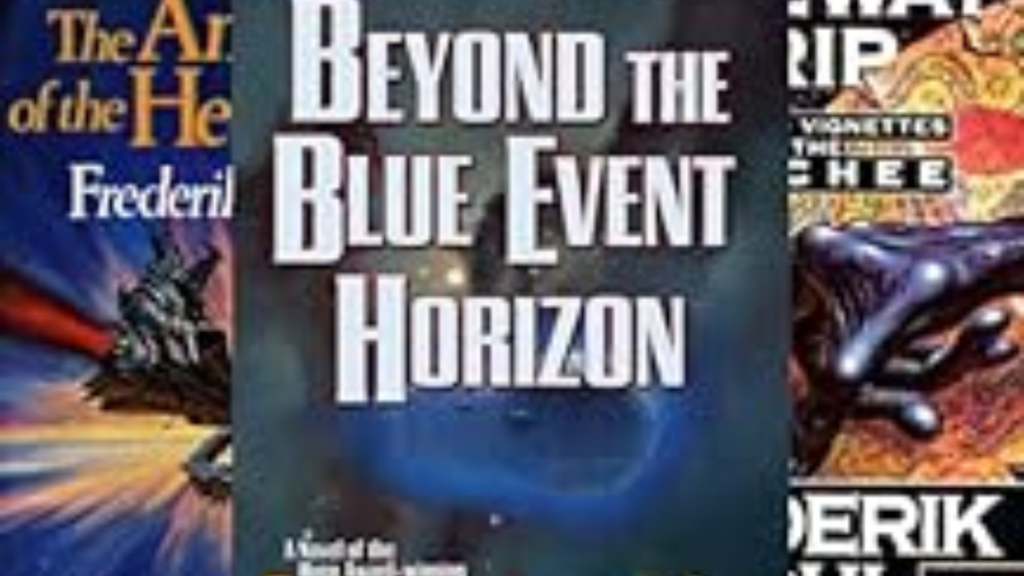
The Heechee are an ancient, star-traveling alien race that vanished before humanity’s space age, leaving traces across the galaxy. Pohl’s series, beginning with The Merchants of Venus, takes readers on an adventure through hidden technologies and mysteries left behind by the enigmatic Heechee. This saga uniquely merges suspense with speculative exploration.
Dune Series by Frank Herbert
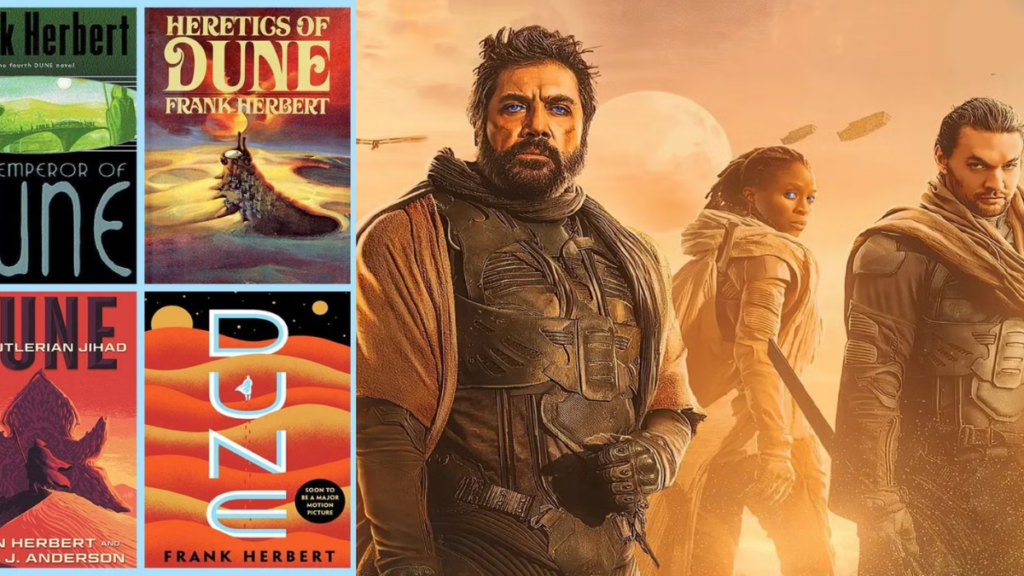
Herbert’s Dune series explores a vast universe, centering on the desert planet Arrakis, its politics, and its unique ecological and social structures. Known as the “Duniverse,” this series is both fantasy and sci-fi, deeply examining religion, power, and survival. Dune has inspired film adaptations and remains a highly regarded work in science fiction.
Rama Series by Arthur C. Clarke and Gentry
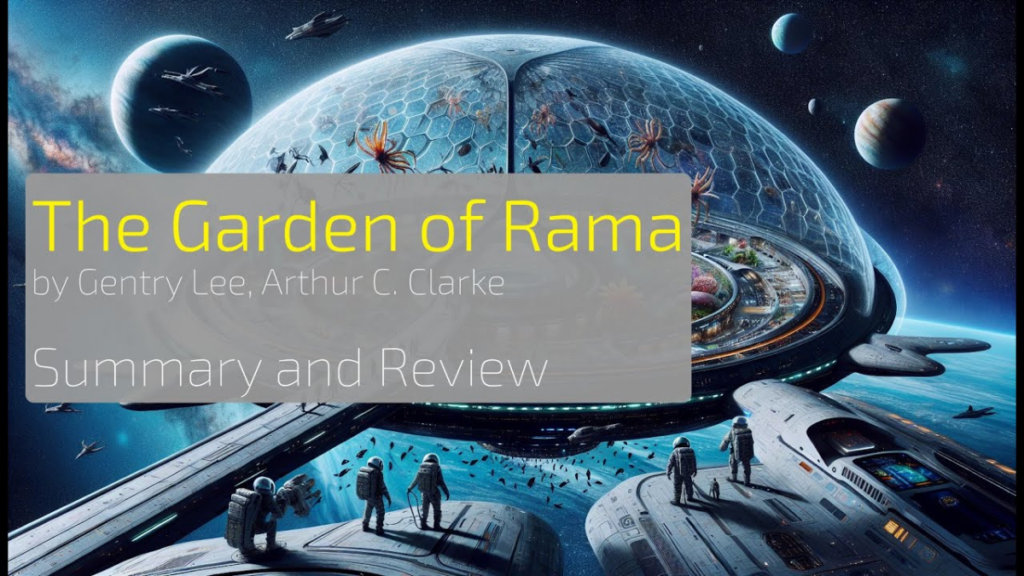
Lee The Rama series, starting with the classic Rendezvous with Rama, tells the story of an enormous alien starship passing through Earth’s solar system. The book, praised for its vision and complexity, won both Hugo and Nebula awards. Clarke teamed with Gentry Lee for the sequels, expanding the story of humanity’s encounter with alien life and technology.


